The Jeep 3.6 engine is known for its power but has issues. Common problems include oil leaks, ticking problems, overheating, and timing chain failure and more. These can affect your Jeep’s performance and longevity.
Don’t worry if you’re facing these issues. Quick fixes can include topping off oil levels or using a radiator sealant.
These are not expensive solutions but can offer temporary relief.
Interested in keeping your Jeep 3.6 engine in top shape? Stick around. We’ll go in-depth into each problem and offer advice on long-term fixes. Check 3.8 engine problems
Your Jeep deserves the best care, and we’re here to guide you.
Common Problems and Symptoms of Jeep 3.6 Engine: With Solution Guide
Let’s dive into the world of Jeep 3.6 engine problems and their unmistakable signs.
| Problem | Symptoms | Causes | Solution |
|---|---|---|---|
| Cylinder Head | Power loss, overheating, poor fuel econ | Wear, poor maintenance, low-quality coolant/oil | Diagnose, inspect, replace parts |
| Ticking Sounds | Audible ticking, fluctuating performance | Valve lash, low oil, worn/damaged parts | Check oil, inspect, use quality oil |
| Cooling System | High engine temp, coolant leaks | Leaks, blockages, faulty thermostat | Check coolant, inspect, flush system |
| Rocker Arm | Tapping/clicking, engine misfires | Wear, low oil quality/level | Check oil, inspect, use quality oil |
| Oil Pump | Low oil pressure, strange noises | Wear, poor maintenance, low-quality oil | Check oil, inspect, use quality oil |
| Internal Engine Noise | Tapping, knocking, rattling sounds | Poor lubrication, worn parts, low-quality oil | Check oil, use quality oil |
Now, know in detail –
Cylinder Head Breakdown
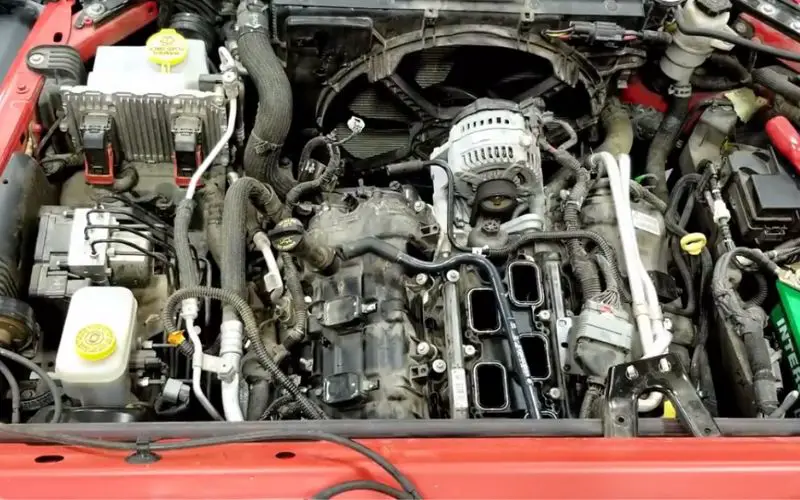
The Jeep 3.6 engine can suffer from cylinder head issues. This is a serious problem. A faulty cylinder head can lead to engine failure.
You might notice poor performance and reduced fuel efficiency. This issue can also cause your Jeep to fail emissions tests.
Symptoms of the Problem
- Loss of engine power
- Overheating
- Poor fuel economy
- Engine misfires
- Check engine light on
Cause of the Problem
The main cause is often wear and tear. Over time, the cylinder head can crack or warp.
Poor maintenance can speed up this process. Using low-quality coolant or oil can also contribute.
Step-by-Step Solution
- Diagnose the Issue: Use an OBD-II scanner to confirm the problem. Look for error codes related to the cylinder head.
- Check for Cracks: Visually inspect the cylinder head. Look for any visible cracks or damage.
- Test Compression: Perform a compression test. Low compression can confirm a cylinder head issue.
- Replace Gaskets: Sometimes, a new head gasket can solve the problem. Make sure to choose a quality part.
- Resurface or Replace: If the cylinder head is warped, it may need resurfacing. In severe cases, replace the entire cylinder head.
- Consult a Mechanic: If you’re not sure, get professional help. A mechanic can provide a detailed diagnosis and repair.
Follow these steps to tackle cylinder head issues in your Jeep 3.6 engine. Keep your Jeep running smoothly and avoid costly repairs down the line.
Engine Producing Ticking Sounds
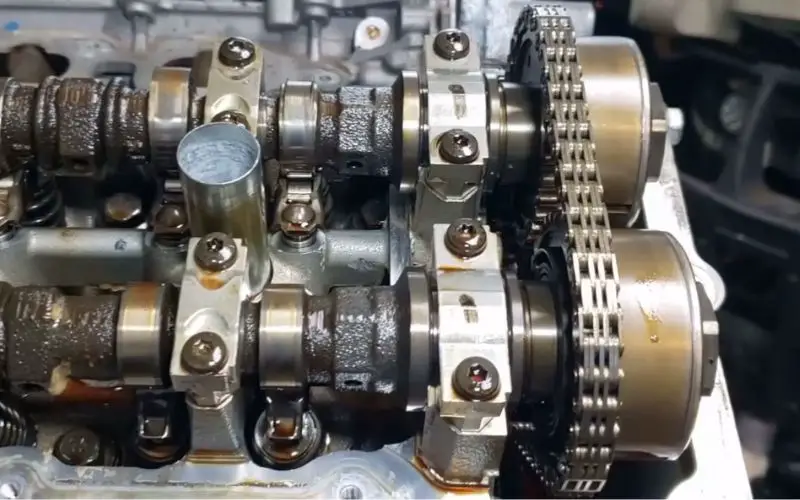
Ticking noises often signal a deeper issue within the engine. Ignoring it can lead to more serious problems. These sounds can be constant or vary with engine speed.
Symptoms of the Problem
- Audible ticking noise from the engine
- Noise increases with acceleration
- Fluctuating engine performance
- Check engine light may appear
Cause of the Problem
The ticking sounds often come from valve lash issues. Worn or damaged lifters can also be a cause.
Low oil levels or poor oil quality can make the problem worse.
Step-by-Step Solution
- Check Oil Level: Low oil can cause ticking. Make sure it’s at the right level.
- Inspect Lifters: Worn lifters can make noise. Replace them if needed.
- Examine Valves: Check the valve train for wear or damage. Repair or replace parts as needed.
- Use Quality Oil: Sometimes, better oil can fix the issue. Choose a high-quality oil that suits your Jeep model.
- Consult a Mechanic: If the ticking persists, get professional help. A mechanic can offer a more detailed diagnosis and solution.
Cooling System Problems
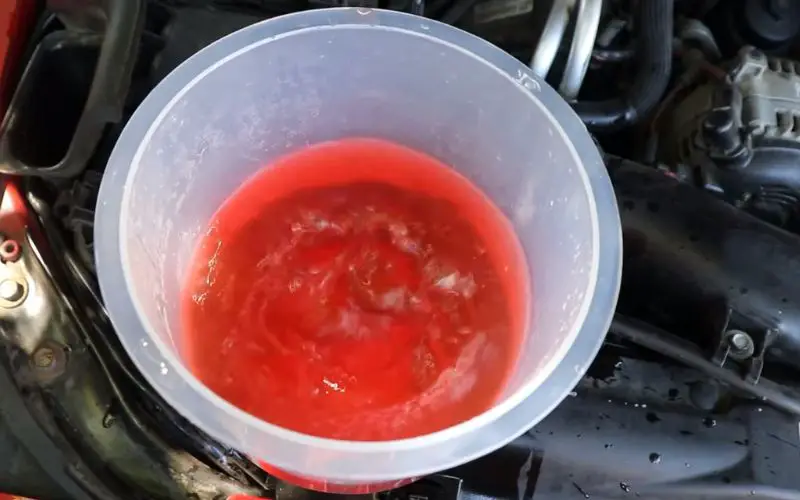
This is a big deal. Overheating can damage your engine and leave you stranded. You might notice the temperature gauge rising or see steam from the hood.
These signs mean your cooling system needs attention.
Symptoms of the Problem
- High engine temperature
- Steam from under the hood
- Coolant leaks
- Heater not working
- Warning lights on the dashboard
Cause of the Problem
The main causes are often leaks or blockages in the system. A faulty thermostat can also be to blame.
Poor maintenance and old coolant can make these issues worse.
Step-by-Step Solution
- Check Coolant Level: Low coolant can cause overheating. Fill to the correct level.
- Inspect Hoses: Look for leaks or cracks in the hoses. Replace if needed.
- Test Thermostat: A bad thermostat can cause cooling issues. Replace it if it’s faulty.
- Flush System: Old coolant can cause blockages. Flush the system and add new coolant.
- Consult a Mechanic: If the problem persists, get expert help. A mechanic can offer a detailed diagnosis and repair.
Follow these steps to fix cooling system issues in your Jeep 3.6 engine. Keep your engine cool and your drives worry-free.
Don’t let a hot engine ruin your day.
Issues Affecting the Rocker Arm
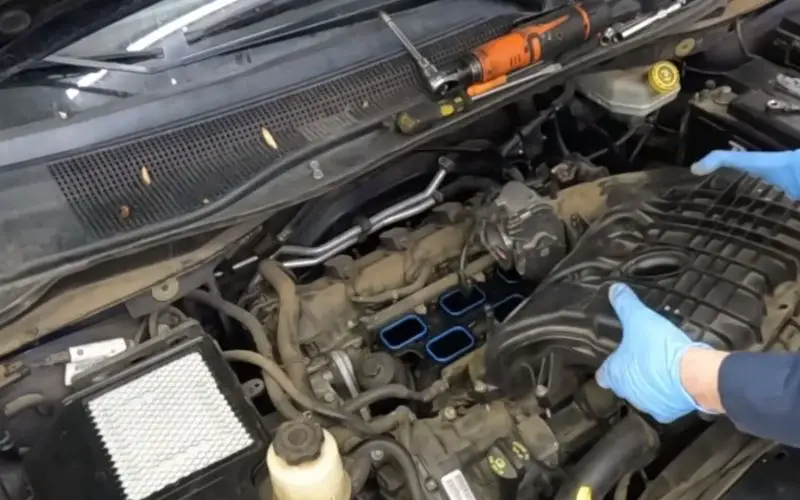
A faulty rocker arm can lead to engine misfires and poor performance. You might hear a tapping or clicking sound from the engine. These noises often get louder when you accelerate.
Symptoms of the Problem
- Tapping or clicking noises from the engine
- Engine misfires
- Reduced engine power
- Check engine light on
Cause of the Problem
The main cause is often wear and tear. Over time, the rocker arm can become damaged. Poor oil quality or low oil levels can speed up this wear.
Step-by-Step Solution
- Check Oil Level: Low oil can cause rocker arm issues. Make sure it’s at the right level.
- Inspect Rocker Arms: Look for visible wear or damage. Replace any faulty parts.
- Use Quality Oil: Better oil can extend the life of rocker arms. Choose a high-quality oil that fits your Jeep model.
- Adjust Rocker Arms: Sometimes, a simple adjustment can fix the issue. Refer to your manual for guidance.
- Consult a Mechanic: If the problem persists, get professional help. A mechanic can provide a detailed diagnosis and solution.
Failure of Oil Pump
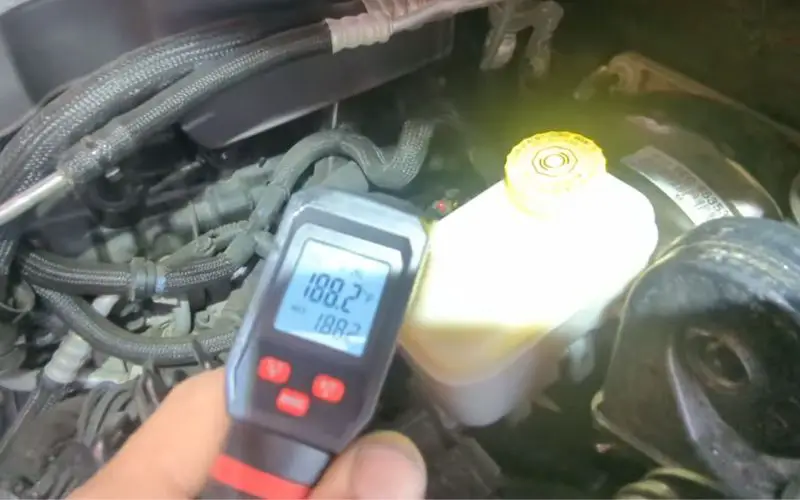
A failing oil pump can lead to poor lubrication. This puts your engine at risk of severe damage. You might notice strange noises or a drop in oil pressure.
Symptoms of the Problem
- Low oil pressure warning light
- Engine overheating
- Strange noises from the engine
- Poor engine performance
Cause of the Problem
The main cause is often wear and tear. Over time, the oil pump can degrade. Poor maintenance and low-quality oil can make the problem worse.
Step-by-Step Solution
- Check Oil Level: Low oil can cause pump issues. Make sure it’s at the right level.
- Inspect Oil Pump: Look for visible wear or damage. Replace if needed.
- Use Quality Oil: High-quality oil can extend the life of the oil pump. Choose the right type for your Jeep model.
- Replace Oil Filter: A clogged filter can strain the oil pump. Replace it with a new one.
- Consult a Mechanic: If the issue persists, seek professional help. A mechanic can offer a detailed diagnosis and repair.
Tapping, Knocking, Rattling Issues
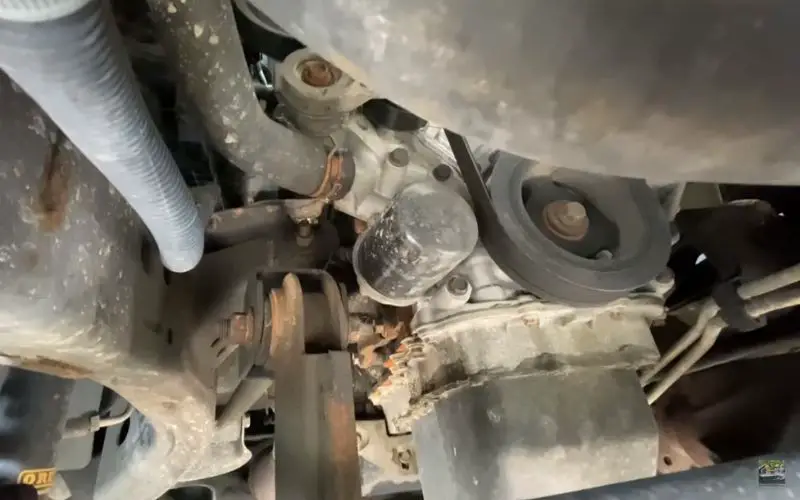
These noises often point to internal engine issues. Ignoring them can lead to severe damage over time. You might hear these sounds when the engine is idle or during acceleration.
Symptoms of the Problem
- Tapping sounds from the engine
- Knocking noises during acceleration
- Rattling when the engine is idle
- Check engine light on
Cause of the Problem
The main causes are often poor lubrication or worn engine parts. Low-quality oil can make the issue worse. Damaged pistons or valves can also contribute to these noises.
Step-by-Step Solution
- Check Oil Level: Make sure your oil level is right. Low oil can cause these noises.
- Use Quality Oil: High-grade oil can improve lubrication and reduce noise. Make the switch if needed.
- Inspect Engine Parts: Check for wear for pistons, valves, and other parts. Replace any damaged components.
- Tighten Bolts: Loose bolts can cause rattling. Make sure all are tight.
- Consult a Mechanic: If the problem persists, get professional help. A mechanic can offer a detailed diagnosis and solution.
How To Take Preventive Measures?
Preventing issues in your Jeep 3.6 engine is crucial. Know the tips –
- Regular checks are your first line of defense. Always monitor oil levels. Use high-quality oil that suits your Jeep model. This improves lubrication and reduces wear.
- Next, pay attention to any strange noises. Tapping, knocking, or rattling sounds are warning signs. Don’t ignore them.
- Check engine lights are also key indicators. Use an OBD-II scanner to read error codes. This helps you catch problems early.
- Finally, schedule regular tune-ups with a trusted mechanic. They can spot issues before they become big problems.
Stay proactive to keep your Jeep 3.6 engine in top shape.
Final Words
Being aware of common Jeep 3.6 engine problems is essential for every owner. From cylinder head issues to ticking sounds and cooling system problems, early detection and maintenance are must.
Don’t wait for these problems to worsen; take action promptly.
Your Jeep deserves the best care, and you’re now equipped with the knowledge to provide it.
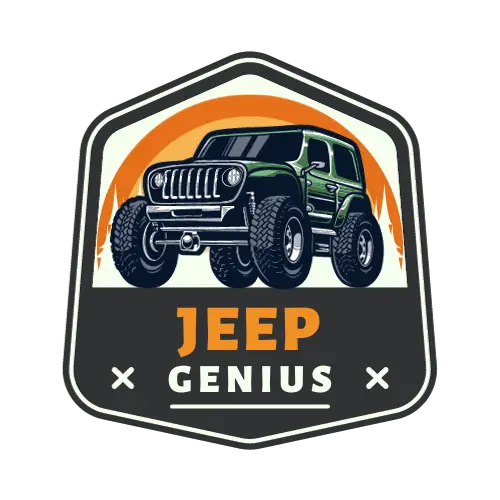
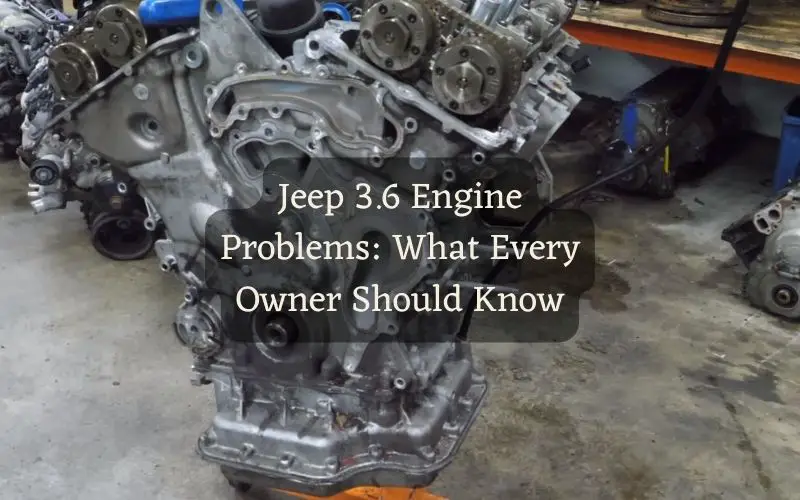
Leave a Reply